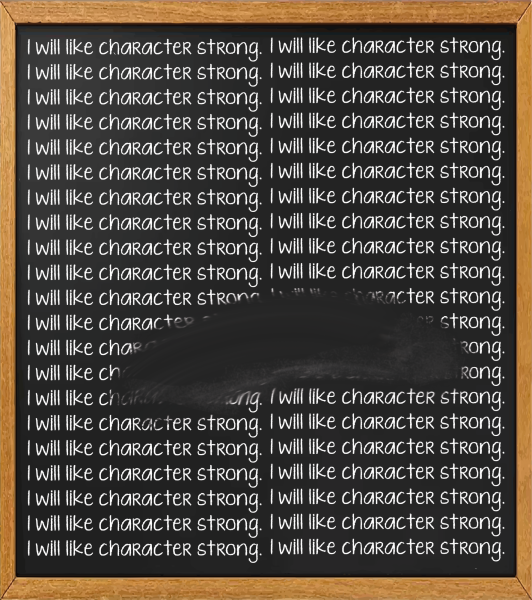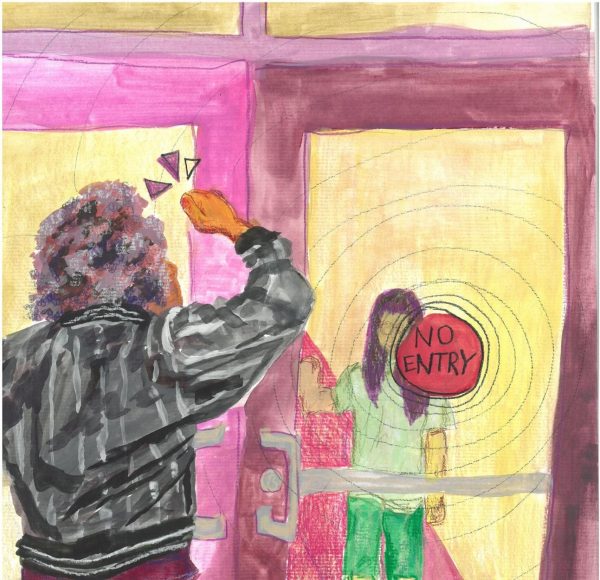Proceed with caution while inquiring about someone’s gender, sexuality
Members of LGBTQ community often faced with inappropriate questions, here are better ways to ask
February 14, 2016
“You’re pansexual? Does that mean you’re attracted to kitchenware?”
The first time I heard this I was utterly dumbfounded. I wondered whether I should’ve felt offended or if I should’ve felt guilty.
While asking questions is an important part of becoming educated about the spectrum of sexuality and gender identities, remarks like these would make anyone feel as if they are an outcast. I know I felt that way.
Despite how shocking this was to me, members of the LGBTQ+ community hear ridicule like this all the time. These comments are hurtful and could leave the recipient confused, guilty, and possibly even make them feel dysphoric.
Gender dysphoria happens to transgender people when their identity is questioned or when people point out physical qualities that they don’t identify with.
No one should be placed in a situation where they feel distressed with their gender or sexual identity.
These are already internal issues that people in the LGBTQ+ community deal with, so others making those issues external isn’t helping.
Maybe it’s that people perceive it as a simple question and they don’t mean to offend anyone. Maybe they think that people are overreacting when they’re upset about being asked about their gender or sexuality.
But if you were asked about something that you struggled or felt uncomfortable with, wouldn’t you be reluctant to answer?
Although gender and sexual identity should be embraced and revealed to people at personal discretion, the difference between someone telling you and you asking is that they are doing it on their own terms.
While your intent when inquiring about another person’s sexual orientation may be well-meaning, it’s still a personal question that is none of your business unless the person decides to confide in you.
The same idea applies to gender. There is a difference between “What pronouns do you use?” and “What is your gender?” and it’s monumental. Pronouns are a public issue while gender identity isn’t public information.
When you ask someone about their pronouns for the first time, you should make sure that you are in a quiet setting and it’s one on one. Asking someone for their pronouns should be more of the norm, but at our age the person you are asking might not be out. Another highly recommended question to ask is if they are comfortable with you letting others know what pronouns to use for them.
If the person is uncomfortable with answering, don’t force them to. If a person confides in you about their gender or sexual identity, respect their privacy and don’t tell anyone else.
If you don’t know what the definition of someone’s identity is, you should politely ask them what it means. You could also look it up, a reliable source can be found on the student life spectrum center on the University of Michigan’s website under International Spectrum.
In addition and as well as a rule of thumb, if you are in a situation where you have to question whether or not something is offensive, you should keep your mouth shut.
Overall know that if you are not part of the LGBTQ+ community, you are unable to dictate what is offensive and what isn’t.
Education is the key to success when it comes to understanding the spectrum of gender identity and sexual orientation. To ensure that you are able to get educated properly, learning to replace potentially harmful questions with appropriate and meaningful ones is very important. You taking action will remove a burden from your LGBTQ+ peers shoulder and give them a more supportive environment.
























